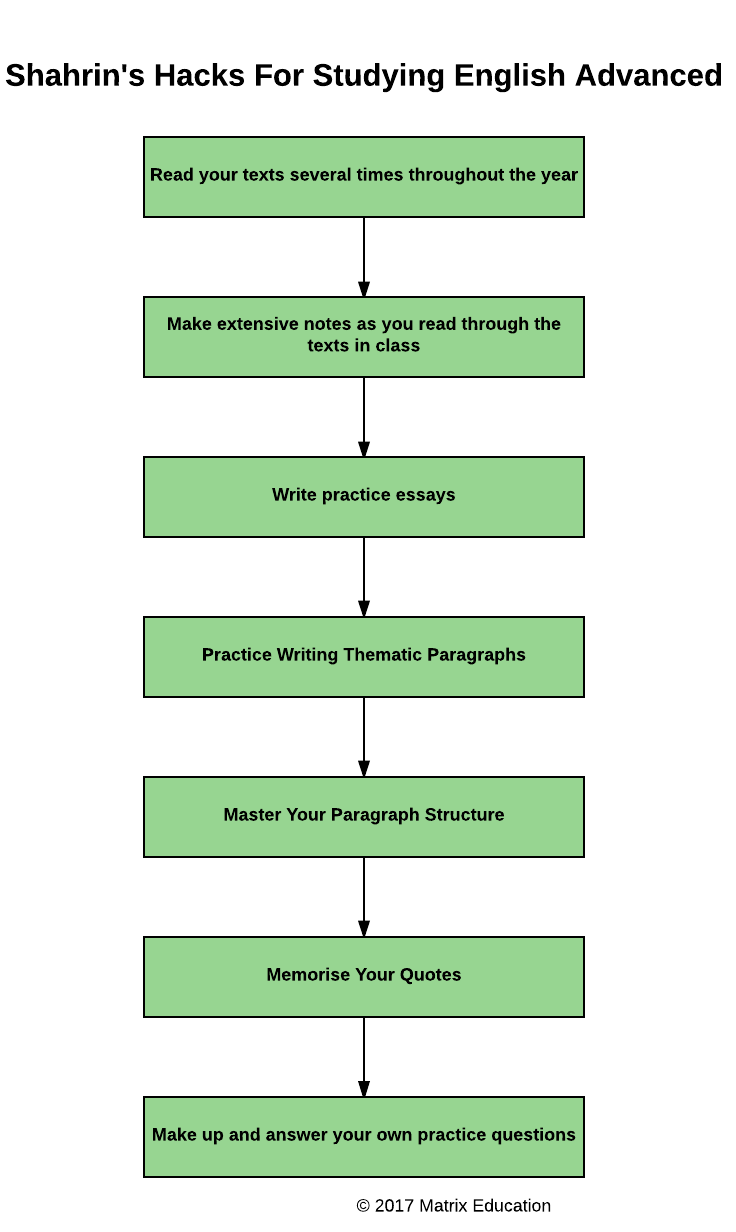
As a tutor working with students in the lead-up to the HSC, I’m constantly reminded that success in Advanced English isn’t just about memorising quotes or writing essays—it’s about preparation that builds confidence and adaptability. This year, I’ve noticed that students who start early with structured preparation strategies develop stronger analytical skills and approach the exam with far less stress.
One of the key pillars of effective preparation is familiarity with the prescribed texts. Advanced English students are expected to move beyond basic comprehension and engage deeply with themes, techniques and context. For example, when working on Shakespeare’s Othello or Twelfth Night, I encourage students to map out recurring motifs—like power, identity or deception—and link them to Elizabethan values and modern resonances. Creating visual mind maps, quote banks and thematic tables not only saves time during revision but also strengthens essay planning under pressure.
Another crucial element is practising exam-style responses. Many students can articulate brilliant ideas in discussion but struggle to translate them into coherent, time-bound essays. In sessions, we simulate short-answer and extended responses under timed conditions. Afterwards, we review each piece against the NESA marking criteria, focusing on thesis clarity, integration of evidence, and sophistication of expression. This iterative process demystifies the exam and helps students internalise what a Band 6 answer actually looks like.
Finally, I emphasise reflection and feedback as part of preparation. After each session, I ask students to note what felt strong and what felt challenging. This helps them track progress and turns weaknesses into specific goals. Over time, they build not just content knowledge but also self-awareness and resilience—skills that matter well beyond the HSC.
Preparation for Advanced English is ultimately about developing habits of critical thinking, effective expression and self-directed learning. With the right guidance and consistent effort, students can walk into the exam room not only prepared but genuinely confident in their ability to succeed.
Anthea Preketes

